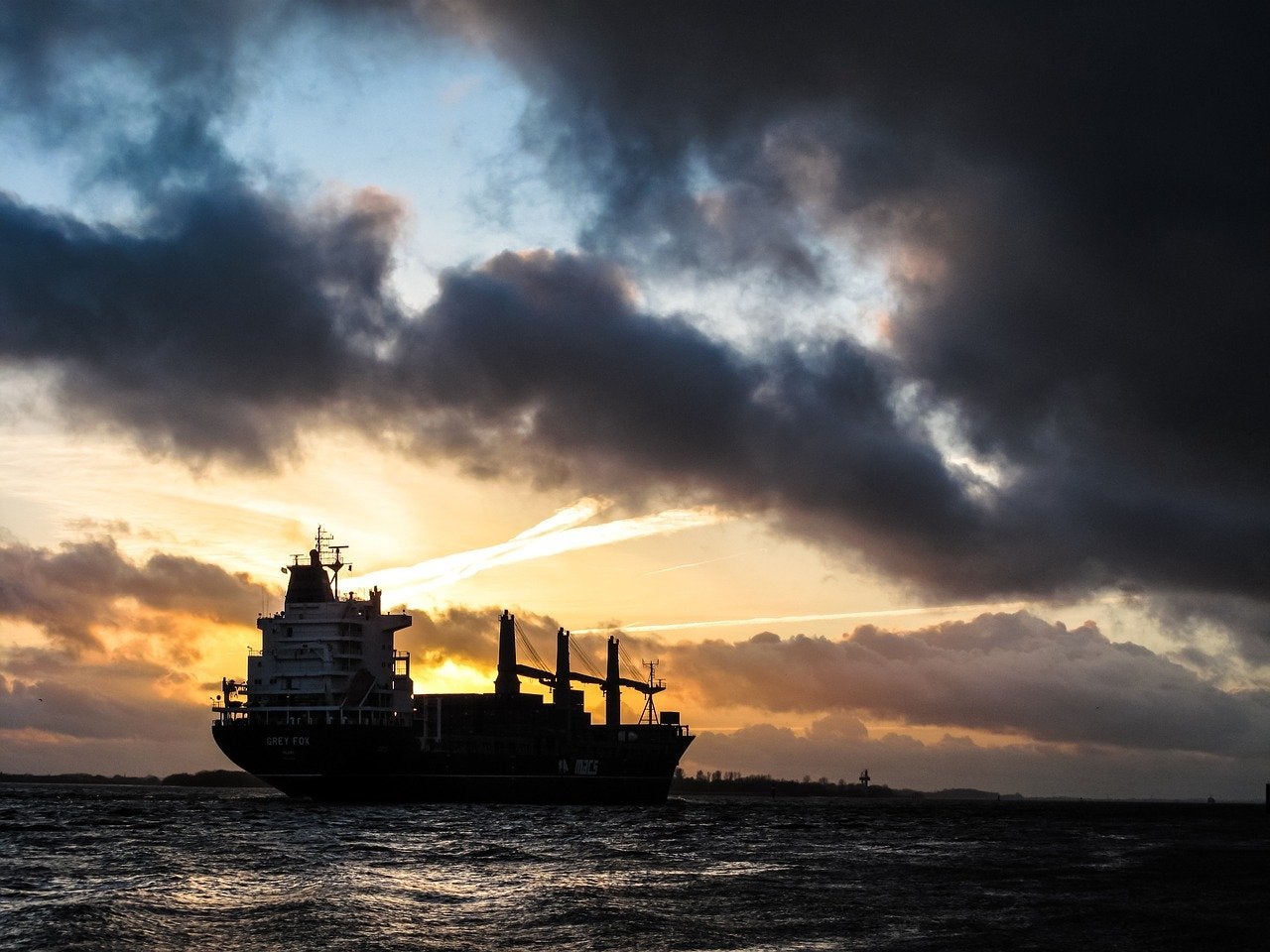
Shell has secured a new contract from mining company BHP to supply LNG for five Newcastlemax bulk carriers.
The contract was awarded through a competitive tender process that included potential suppliers across several geographies.
The vessels, hired by BHP from Eastern Pacific Shipping (EPS) for five-year terms, will be used to transport iron ore from Australia to China starting 2022.
The move is part of BHP’s sustainability efforts as it seeks to reduce emissions across the maritime supply chain.
BHP chief commercial officer Vandita Pant said: “The LNG bunkering contract marks a significant step in how BHP is working with our suppliers to reduce emissions across the maritime supply chain.
“LNG fuelled vessels are forecast to help BHP reduce CO2-e emissions by 30% on a per voyage basis compared to a conventionally fuelled voyage between Western Australia and China, and contribute to our 2030 goal to support 40% emissions intensity reduction of BHP-chartered shipping of our products.”
Shell Energy executive vice-president Steve Hill said: “I would like to congratulate BHP on reducing emissions in their maritime supply chain with the world’s first LNG-fuelled Newcastlemax bulk carriers.
“Decarbonisation of the shipping industry must begin today and LNG is the cleanest fuel currently available in meaningful volumes.”
FueLNG Bellina, an LNG bunker vessel in Singapore, will be used for fuelling ships with LNG, a process known as LNG bunkering.
Operated by a joint venture of Shell Eastern Petroleum and Keppel Offshore & Marine, the vessel is capable of bunkering fuel at a rate of 100-1,000 cubic metres per hour.



